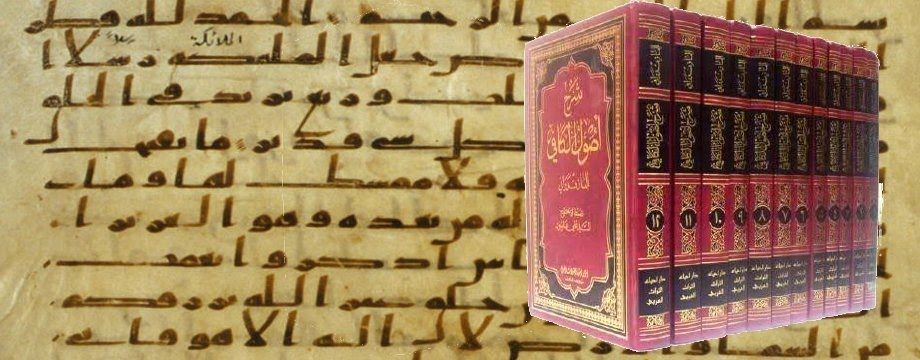Tagged With: Tahir Ridha Jaffer
Argument from Silence in Ḥadīth ‘Dating’
Augumenta e silentio, or arguments from silence, have been used by some Orientalist scholars to prove that certain aḥādīth were later fabrications, since earlier sources are silent about those traditions and have not mentioned them. They thus seek to estimate the date when a ḥadīth came into being by searching for the earliest [written] source … Continue reading
The Meaning of al-Anzaʿ al-Baṭīn
A number of Sunnī and Shīʿah sources quote the Prophet (ṣ) calling Imam ʿAlī (a) ‘al-Anzaʿ al-Baṭīn’, which literally means: the bald and stout one. For instance, al-Kanjī al-Shāfiʿī (though there are some who consider him to be a Shīʿah) states: “ʿAlī ibn Abī Ṭālib used to be called al-Anzaʿ al-Baṭīn. This is because he … Continue reading
The True Scholar
وإذا ما ازددت علما زادني علما بجهلي And whenever I grow in knowledge, I only grow in knowledge of my own ignorance. (Muḥammad ibn Idrīs al-Shāfiʿī) One of the most important gauges for true erudition is humility. Unlike what is claimed by some western-academia-trained scholars, knowledge is not an end unto itself. Rather, it is … Continue reading
Who was al-Kulayni?
Very little is known about the author of what is arguably the most influential ḥadīth collection in the Shiʿa world, Muḥammad ibn Yaʿqūb al-Kulaynī. Unlike some of his contemporaries and compilers of other well-known works of ḥadīth, details about al-Kulaynī’s life are sketchy at best. He is said to have hailed from the village of … Continue reading
Did al-Kulayni get influenced by the Rationalists of Baghdad?
Andrew Newman suggests in his Formative Period of Twelver Shi’ism, that the author of al-Kāfī, Muḥammad ibn Ya‘qūb al-Kulaynī, was influenced by the rationalists of Baghdād due to his twenty-year residence there (p. 195). It is natural to assume that a person who spends such a long time in any place would be influenced by … Continue reading
Ḥubb al-Waṭan min al-Īmān (حب الوطن من الايمان) – Love for one’s homeland is part of faith
This statement has been ascribed to the Noble Prophet (s) and many scholars have discussed the possible connection love for one’s homeland may have to faith. Not being able to fathom any connection between the two has led many a scholar to classify this tradition as apocryphal. While not found in any early Shi’i hadith … Continue reading
Review of: Was Imam ʿAli (a) a Misogynist? by Amina Inloes
Was Imam ʿAlī (a) a Misogynist? This is the title that Amina Inloes gave to her article about the phrases that have been “falsely attributed” to Imam ʿAlī in Nahj al-Balāghah that apparently undermine women. Aside from the rather crude and sensationalist title, the article aims to show that the statements in the Nahj where … Continue reading
Tumattiʿahu or Tumakkinahu?
In an interesting article on Duʿāʾ al-Faraj , Sayyid Jaʿfar al-Ḥaydarī argues that the phrase: «و تمتّعه فيها طويلا» …in Duʿāʾ al-Faraj is most likely a copyist error (taṣḥīf) and is actually supposed to be: «و تمكّنه فيها طويلا» He bases his arguments on the following evidence: 1) Shaykh al-Ṭāʾifah has mentioned the second version … Continue reading
The difference between sanad and isnad
Some ḥadīth scholars have said that isnād is a synonym of sanad. But others have rejected this synonymy outright and insist that these two terms are different. Isnād, according to them, is the ascription of a ḥadīth to the one who said it and is thus a means of attaining information about the chain of … Continue reading

